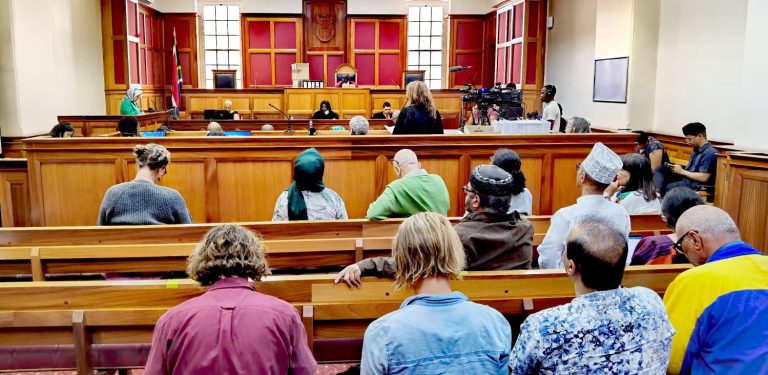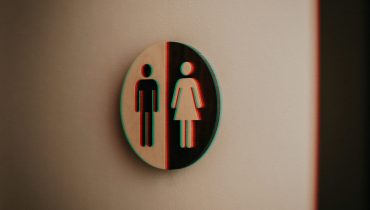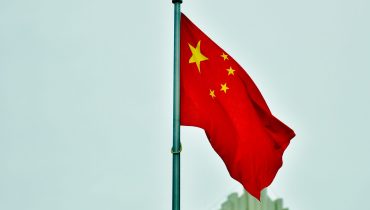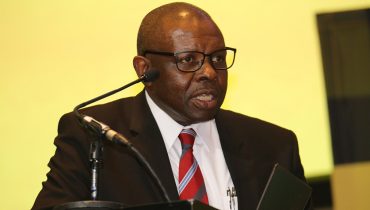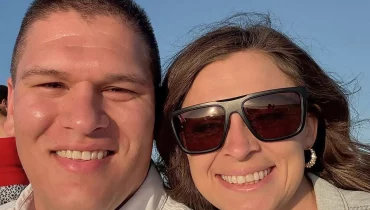Cassiem Khan writes
Thirty thousand people joined the janaza of Imam Abdullah Haron on 29 September, 1969. This funeral procession grew to become an 8km long protest march to bury the first religious leader killed by the apartheid government whilst in detention. On Thursday 10 November 2022, the 4th day of the inquest into the killing of Imam Haron, and excluding the media and a few family members, at no point in the day did I count even 30 people to support the family in court.
Fifty-three years ago, the apartheid regime completely controlled the media, yet 30 000 people from all walks of life attended the funeral procession on a working Monday. The apartheid government had a censorship board and, in an organised and consistent way, banned literature and stopped the spread of information, yet the people attended the funeral.
Today the airwaves are open, and the Muslim community own and control radio and television stations. But more astonishing is that South Africa has 25 million smartphone users with access to various social media applications to stay informed and in contact. I was informed that there is a Cape Town-based social media application chat group with 200 Muslim religious leaders as subscribers. Thus far, only seven Muslim leaders have appeared at the inquest. Has Imam Haron been forgotten?
Some comments on the local Muslim radio stations indicate that people are somehow engaged with the inquest but are not present. Understandably people from other parts of the country and the world want to follow proceedings online. Is this how solidarity is expressed with a few convoluted and, at times, callous statements online and on air?
The National Prosecuting Authority’s team deliberately asked the High Court administration for the biggest courtroom because they expected the Muslim community to be present in large numbers.
A gentleman with City of Cape Town labourer overalls silently slipped into the courtroom on the third day and attentively listened to the testimony of forensic pathologist Dr Itumeleng Molefe. This older man did not seek out any public figure to greet, share a fake smile or look for a photo opportunity to publish on his Instagram or Facebook account. He came to hear, to learn and express his solidarity by being at the court. He came from work, so the excuse of being occupied runs thin. This is all that is required. To the few political and religious leaders that came, your interest and concern are noted and appreciated.
Solidarity is expressed, by your actions, by being present in the moment and not after the fact. Much of the vitriol on air has been directed at the religious leaders for not standing by Imam Haron. This view may have merit, but condemning the few that express their solidarity for the “sins” of their predecessors can surely not be acceptable. This criticism does not suffice for your non-participation and attendance, either.
The struggle to establish social justice cannot be done by being a keyboard warrior. It’s most effective by your physical presence.
The inquest is a judicial inquiry to ascertain the facts relating to an unnatural death. In non-judicial language, it is about ascertaining the truth and ensuring that the truth prevails in the record books for posterity. This is what makes the inquest a historic event worthwhile to attend.
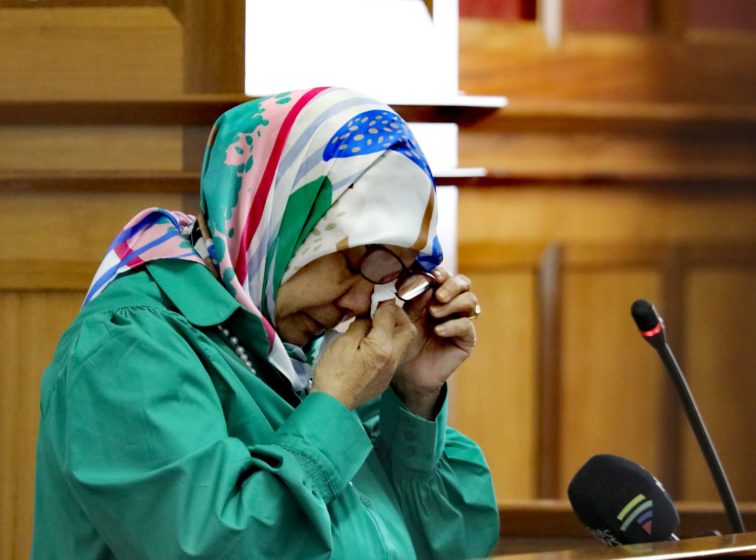
Today, we enjoy freedoms that were denied to us during apartheid. The cost of these freedoms of association of the media of religion did not come without sacrifice. Imam Haron, the court heard, was prepared to sacrifice his life. This he communicated in letters to his family and friends, which he smuggled out of prison. We also heard of the last time his son, Mohamed Haron listened to his father’s voice.
Both his eldest daughter Shamiela and Muhammed, cried several times during their testimony as they recalled the day of Imam Haron’s arrest, the 123 days of his incarceration and the day his battered and bruised body was returned to their home. They told Judge Daniel Thulare of their pain, shock, and sadness when they listened to the testimonies of the aeronautic specialist, the investigating officer and the forensic pathologist over the last few days. The few that attended the inquest hugged, patted, and embraced Shamiela and Muhammed after their testimonies. The presence was felt and appreciated.
The interrogators, and it will not be premature to say, the murderers of Imam Haron sought to remove him from his children, his beloved wife Galiema, his extended family and the community he served with love, care, and dedication.


